[vc_row][vc_column][vc_column_text]Index on Censorship CEO Ruth Smeeth added her thoughts to proposed legislation to protect free speech in UK universities. The legislation known as the Freedom of Speech (Universities) Bill 2019-21, proposed by...
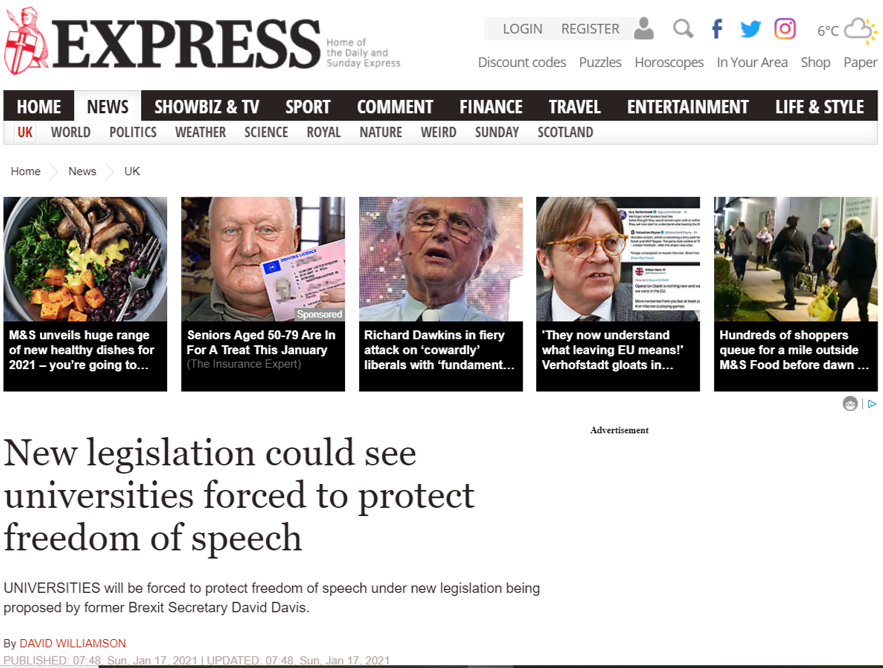


[vc_row][vc_column][vc_column_text]Index on Censorship CEO Ruth Smeeth added her thoughts to proposed legislation to protect free speech in UK universities. The legislation known as the Freedom of Speech (Universities) Bill 2019-21, proposed by...
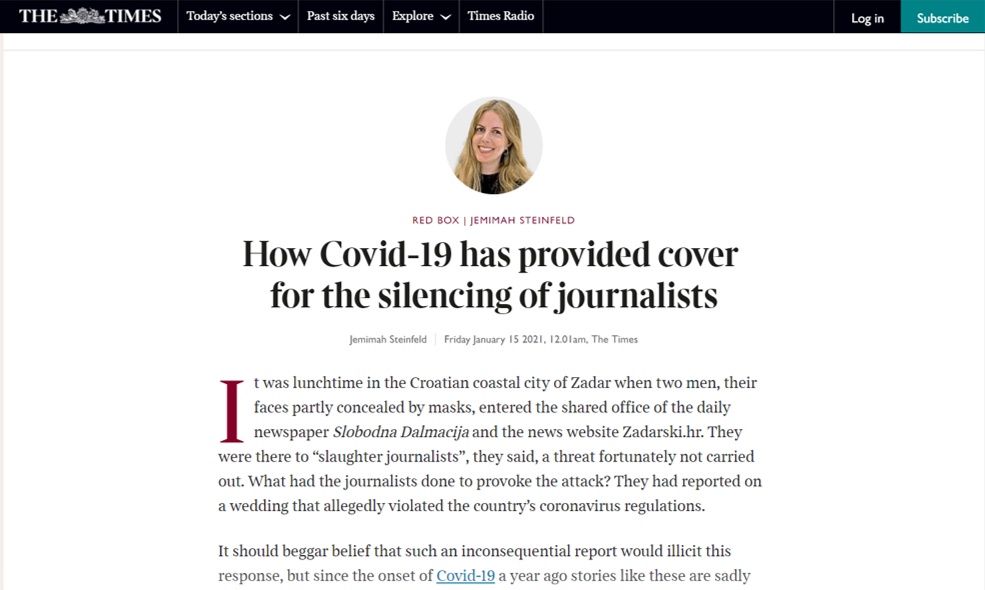
[vc_row][vc_column][vc_column_text]The global Covid-19 pandemic has been the root cause of some of the most concerning and frightening attacks on journalists worldwide. For The Times' Red Box, Index's Head of Content Jemimah Steinfeld laid out why...
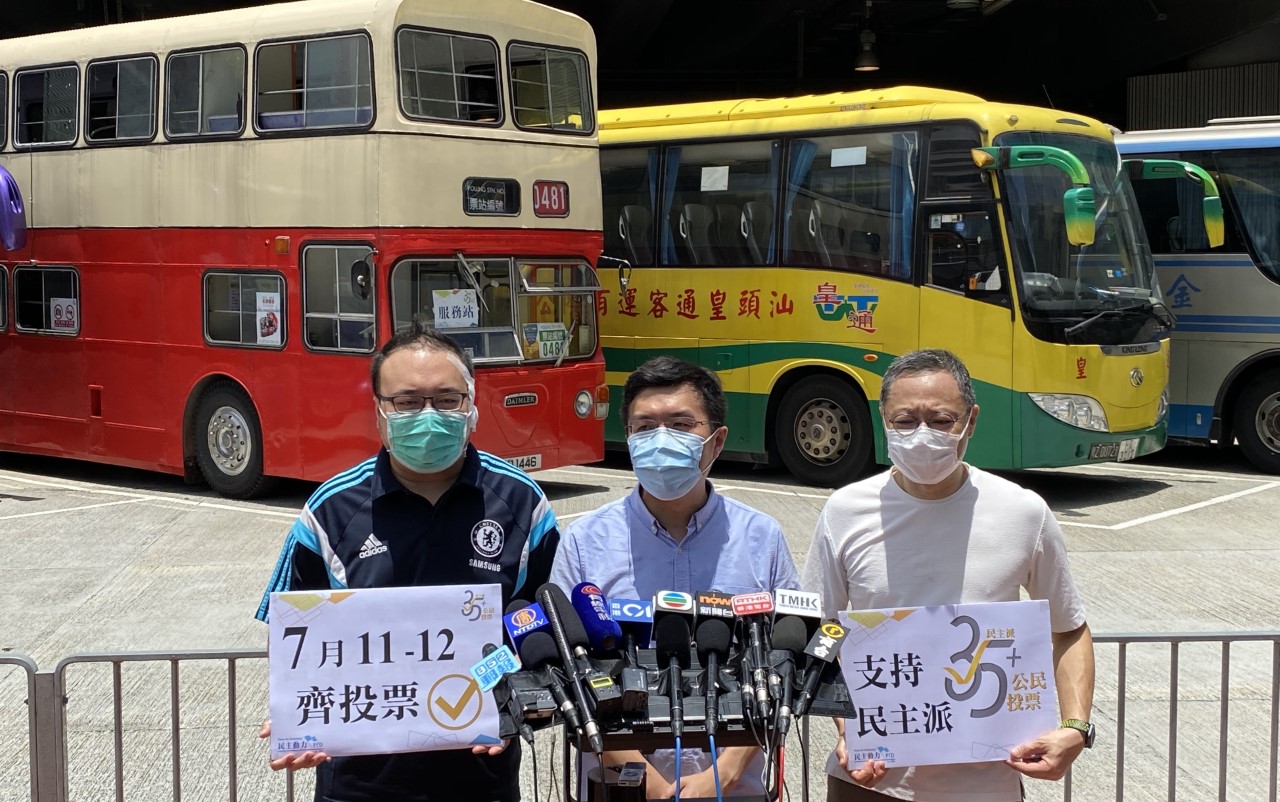
The arrest of more than 50 people involved in last year’s pro-democracy primaries means no-one in Hong Kong is safe, write Mark Frary and Benjamin Lynch

[vc_row][vc_column][vc_column_text] This week’s decision not to extradite WikiLeaks founder, Julian Assange, to the USA to stand trial for charges of espionage came as welcome relief to Assange’s family and supporters. However, he remains detained...

[vc_row][vc_column width="1/2"][vc_single_image image="115932" img_size="full"][/vc_column][vc_column width="1/2"][vc_column_text]As part of the launch of the new Index on Censorship magazine, which looks at the underreported stories of the last...
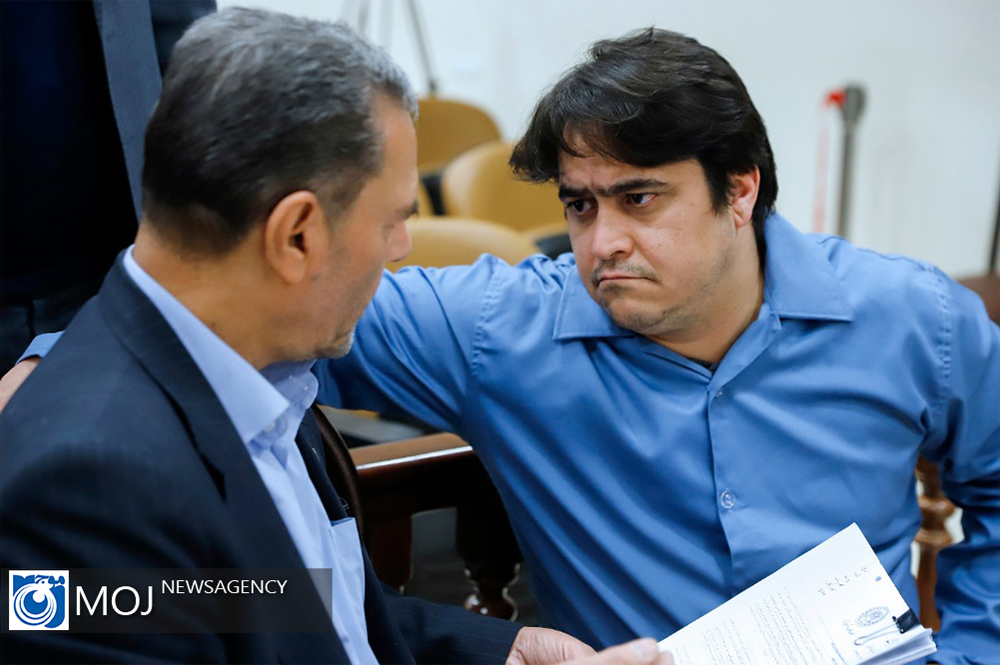
Following the execution on Saturday in Iran of Ruhollah Zam, an activist and journalist who had been accused of using a messaging app to stir up dissent, Index call on the UN Secretary-General to demand members respect the UN Declaration on Human Rights
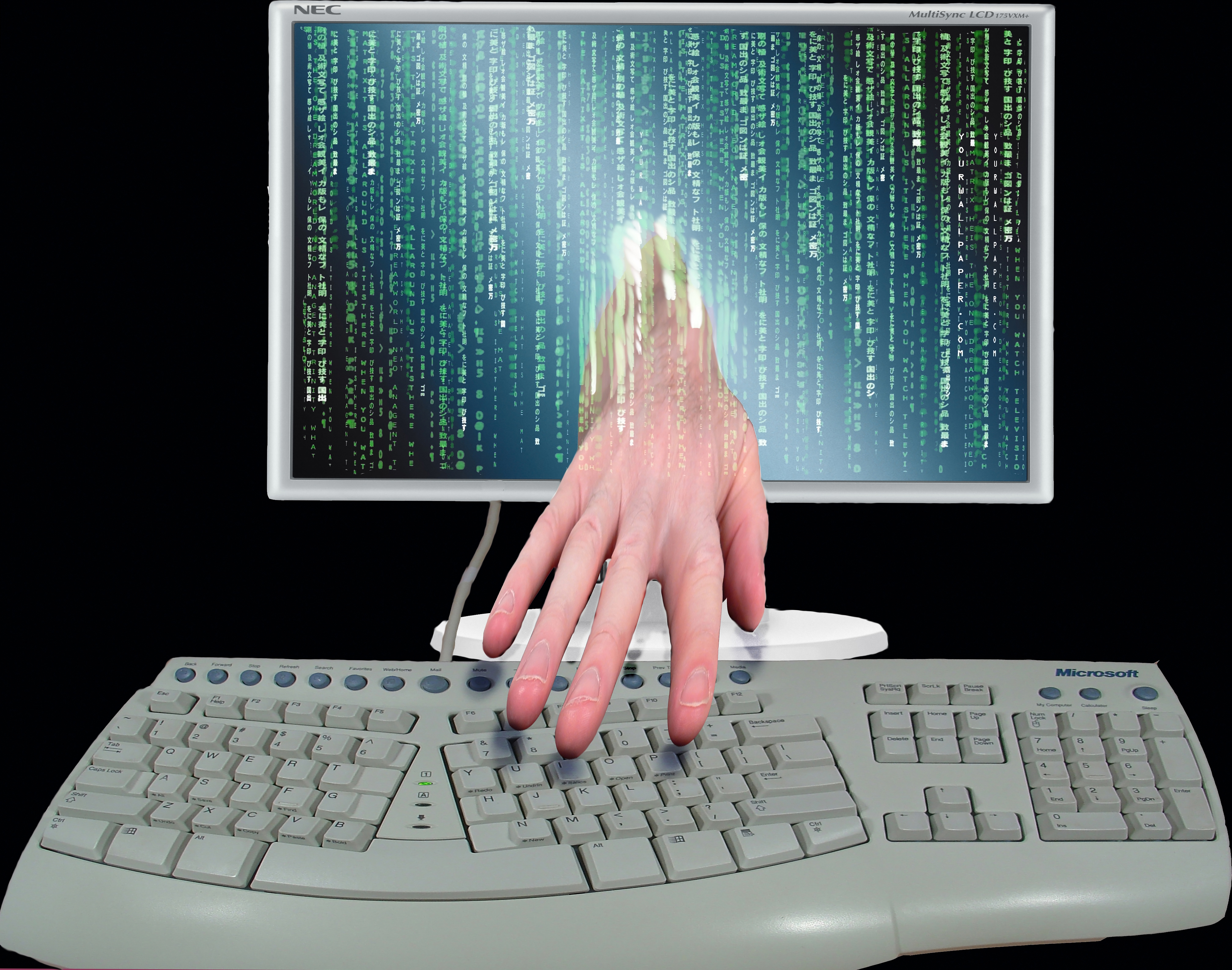
Index has significant concerns about the UK government’s proposals for online harms and their unintended consequences on free speech
A look at what’s inside our Winter 2020 issue, which looks at the stories that should have received more attention were it not for Covid
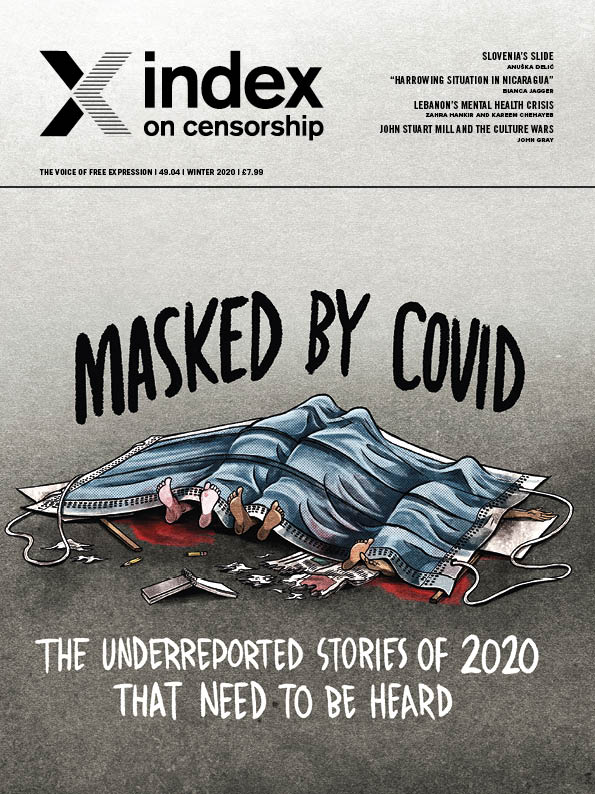
Volume 49.03 Autumn 2020
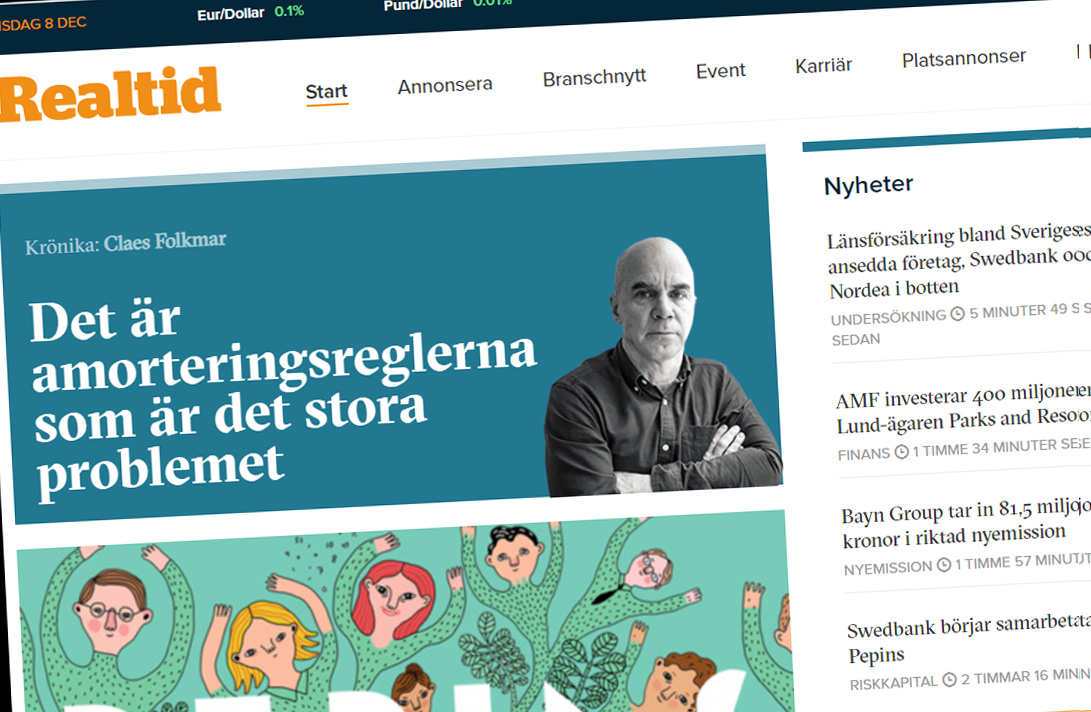
Index and other press freedom organisations call for an end to litigation designed to silence valuable and necessary investigative journalism
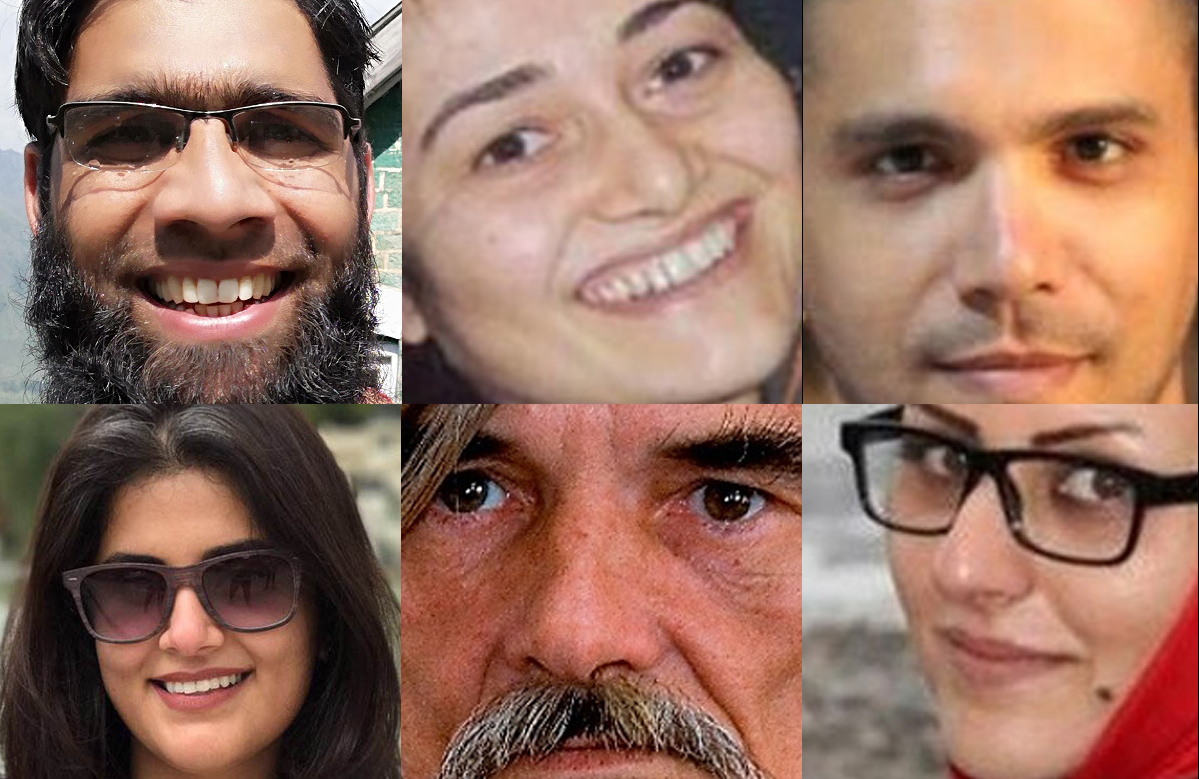
Join us in sending messages of support to six human rights activists and journalists around the world who are #JailedNotForgotten
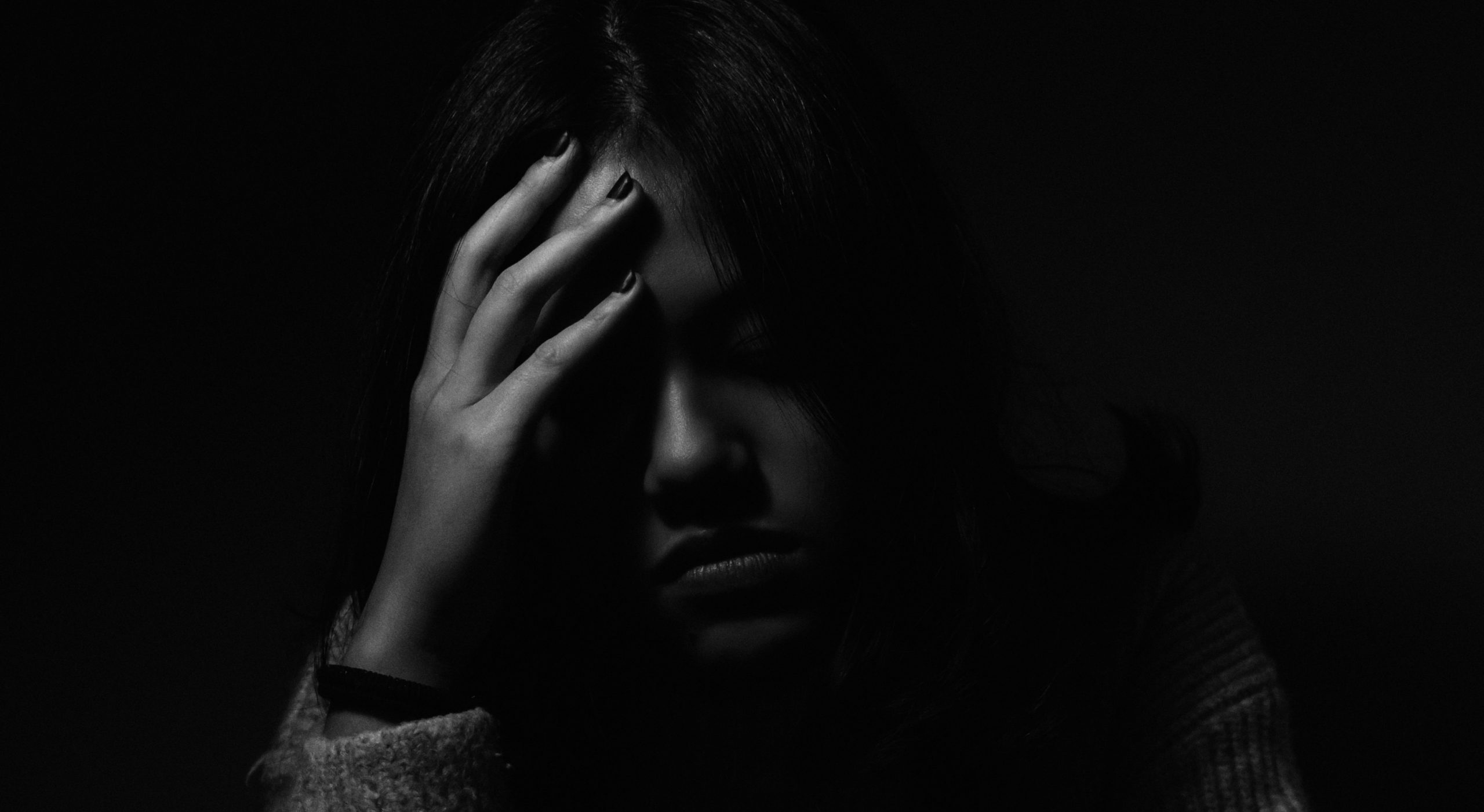
As 60 organisations come together to ask the EU to develop legislation to stop vexatious lawsuits, we publish journalists’ accounts of being slapped with legal action